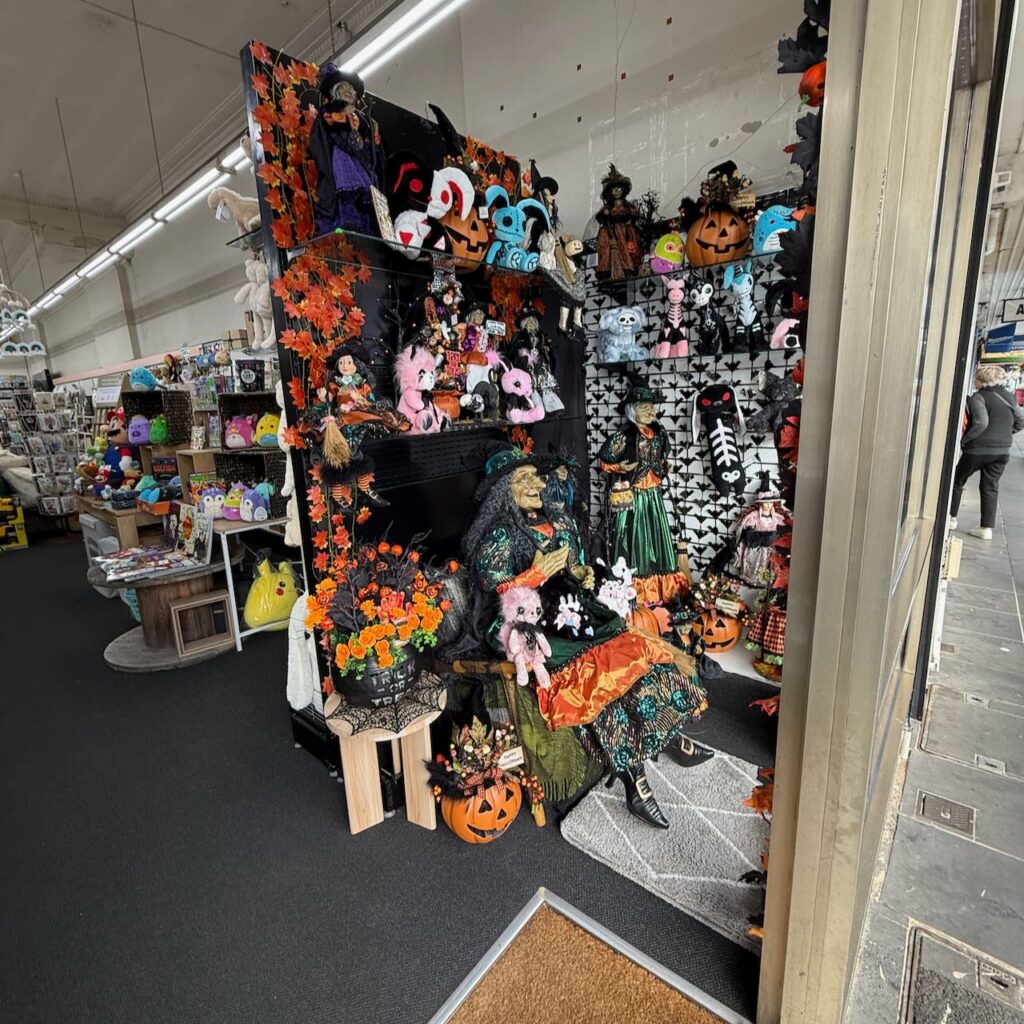In my work with Tower Systems, I am often asked this question by small business retailers: What’s the best website platform for a small retail business Wix, Shopify, Woo Commerce or Squarespace?
I years of experience using websites in my shops and advising Tower customers about websites using Shopify, Magento, Big Commerce and WooCommerce. Recently, I’ve had more questions asking to compare Wix, Shopify, Woo Commerce or Squarespace.
Below are my thoughts, which I wrote this morning for the Tower Systems POS software blog. This advice is relevant to newsagents considering a website for their business. Now, here is the advice:
The advice we provide in this article is based on our years of experience serving thousands of small business retailers.
The best e-commerce platform for your business will depend on your technical experience, your budget, your position in your online journey and the goals you have for your website. Each of these platforms offers different benefits. from the outset, though, in our experience, Shopify is the best solution for easy of use, ease of change without technical skills, the ability to scale and ease of winning shoppers from the already considerable Shopify customer ecosystem.
Wix offers easy drag and drop, which can see like a big time saver for the novice. In reality, Wix websites can often become messy, overloaded. It can be a good platform to figure out what you want but our experience is that it’s not ideal once you are up and running and building your online business. We think it’s unlikely you’ll find hero websites for small business retailers based on Wix. If you need a site up in an hour and want total freedom to drag things around the screen, Wix could be a good choice today.
WooCommerce is a plugin for WordPress. It’s made for use by technically skilled people. You do the work, and once you;’ve done that you will tend to have to do more work. This tech work can distract you from running your retail business. Woo is terrifically flexible, which comes as a labour cost for you or for the web developer you hire. If you already have a WordPress site and want to avoid monthly subscription fees, this offers the most freedom, provided you have the technical skills and truckloads of time to manage it.
Squarespace is offers beautiful looking websites with an easy to use back end for adjustment. It’s heavily image-focused. You can’t “break” a Squarespace site as easily as a Wix site because the editor forces you to stay within a grid. Squarspace lacks some of the finesse of Shopiufy for businesses that need more, especially when it comes to shipping flexibility. fI selling “the vibe” is as important as selling the product, Squarespace might be your answer.
Shopify is the best solution for local small business retailers in our experience. Shopify themes make it easy for you to change the look and feel of your website without hiring a web developer. Shopify integrates with terrific local shipping options (Sendle, My Post Business etc) and Shopify validates Australian addresses incredibly well at checkout, which saves you money on “return to sender” errors. It is the industry standard for a reason. If your goal is to grow, Shopify handles the “boring” stuff (hosting, security, checkout compliance) better than anyone in our experience.
We have years of experience using Shopify ourselves – when we offer advice to retailers on e-commerce, it comes from a place of personal experience as well as extensive technical experience and years building Shopify websites for so many different retailers.
Now, we’re not saying Wix, Squarespace and WooCommerce are bad. What you choose for your business needs to be what you want/need.
What we are saying is do your research – choose the ecommerce platform that serves your technical skills, budget, business plans and how you see your business living online.
Low cost websites may be low cost because of the work you have to do to manage and modify them.
Fast to setup websites may be fast because they don’t go as deep within your business.
Key to success is you knowing what it is that you want / need for yourself and for your business. Saying you want a website is not enough. What do you want from it?
Take your time. Figure out what you need, want and can afford. Look at examples of websites for your type of business. Consider web developers local to you, people who understand your business, people you can speak with. Ask why they recommend what they recommend.
We recommend Shopify for speed to launch, ease of change, non technical back end management, ease of scale, wonderful integrations and access to a huge ecosystem of shoppers. It’s what we use and what many of our local small business retail customers use.
Web development is unregulated. Be careful. There are some who know the words to say to dazzle less technically literate folks into spending money with them only to never deliver what the business wants / needs. Get any promises in writing – including delivery timing and website functionality.
Be sure you know the business you are dealing with. Often, we developers are not local as they may pitch.
Do your due diligence before you sign any contract or pay any money. We’ll say again: take your time.
This decision rests entirely on your business’s ultimate ambition. If you view your online store as a serious, scalable retail channel, one that you need to easily manage alongside your physical operations, integrates effortlessly with local logistics, and provides a reliable, secure foundation that won’t require a developer every time you want to make a change, then Shopify is our recommended investment.
While Wix and Squarespace offer beautiful simplicity for the start-up, and WooCommerce offers technical control, Shopify is purpose-built for the commercial rigor of a growing retail business, offering the best balance of ease-of-use, power, and a vast ecosystem of apps and support designed to help Australian retailers move more stock with less technical overhead.
Shopify is a good small business e-commerce solution, which can grow as you grow. We had one customer using Shopify go from $50,000 in their launch year to $2.5 million by year four. The growth came from their smart business decisions. Shopify made it easy to manage the growth.
…
If you are considering a website for your retail business, consider Tower Systems. Call 1300 662 957 in Australia or 0800 444 367 in New Zealand. Or, email sales@towersystems.com.au. If we feel we are not right for you, we will say so.


